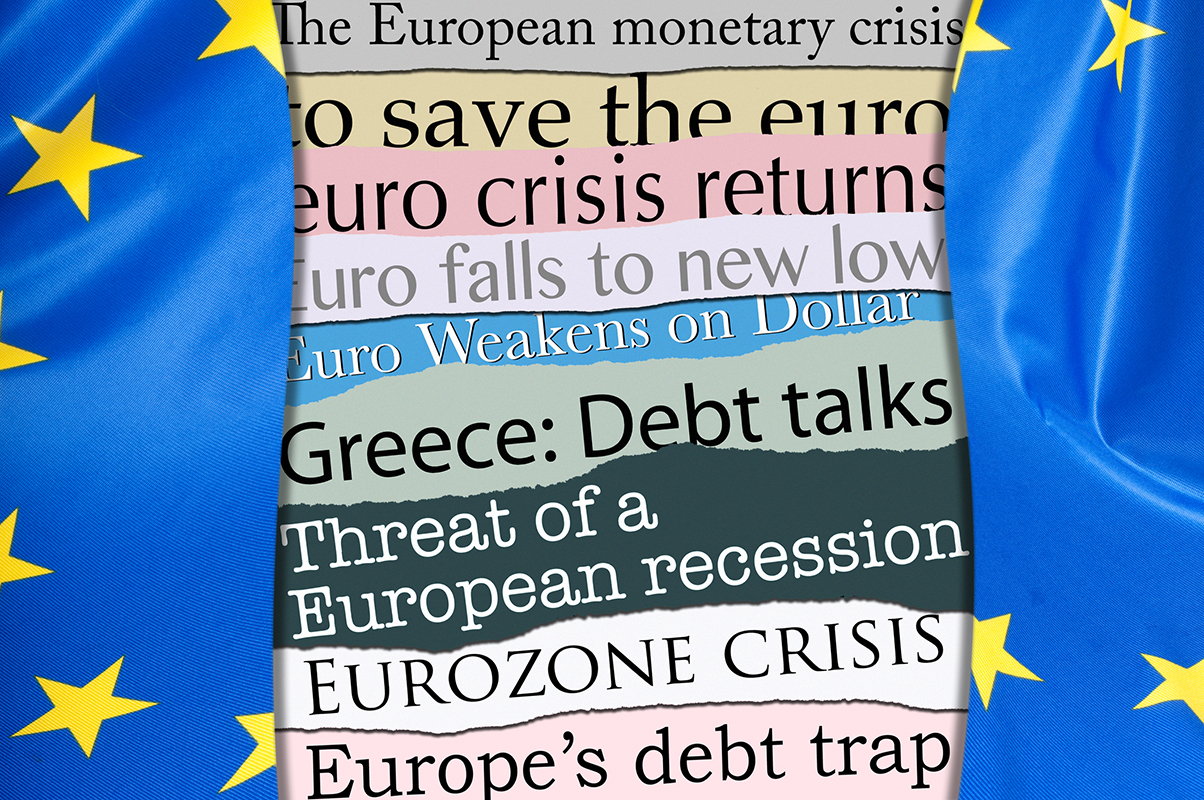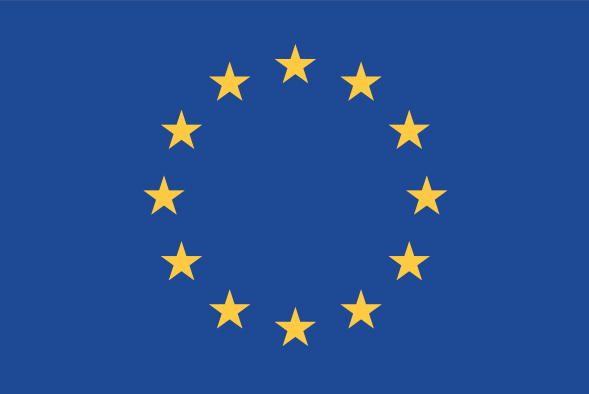Hajo Boomgaarden and Fabienne Lind, from the University of Vienna, discuss why an infrastructure for political text analysis is crucial to improve research on democracies
Democracy is increasingly challenged in the European political landscape and beyond and some see clear signs of democratic backsliding across the globe. To better understand these challenges and to support the resilience and sustainability of democracy it is now more important than ever to make the activities and behaviours that take place at all stages of the political process more transparent. In a world in which digital traces and data are produced and stored at a vastly increasing pace and size, researchers of democracy must be able to make use of such data for a better understanding of democracy.
Since politics still to a large degree takes place through written or spoken language, researchers now more than ever use such political texts produced by political actors, citizens, media, and NGOs as key sources to gather systematic information across long time spans and different political systems. With vast developments in computational methods of text analysis, researchers now can employ a large toolbox of instruments to systematically analyse political texts. However, fragmentation of the research field, language and context sensitivity of instruments, at times unclear legal and ethical frameworks but primarily the availability and analysability of political texts are seen as key obstacles.

Building a European research infrastructure for political text analysis – OPTED, the Observatory for Political Texts in European Democracies – is crucial to improve and make sustainable text based research on demo-cracies and democratic processes. OPTED is an ongoing EU-funded H2020 Design Study project (project duration October 2020-September 2023). OPTED combines the work of 17 research institutions that collaboratively design the building blocks of a European infrastructure. Hajo Boomgaarden, project coordinator of OPTED, explains, “while well-established infrastructures for process-produced data like social statistics or survey data exist, the landscape of social scientists engaging in computational text analysis is scattered.
An institutionalisation of the field of political text analysis by means of a common European infrastructure will yield more impactful, sustainable, resource saving, innovative, democratic, non-discriminatory and substantially meaningful research landscape, putting the European Research Area at the forefront of global developments in this field.” While such an infrastructure can tackle many of the challenges, such as scientific community building, the extension of text analysis tools, or the creation of learning materials, pushing towards a better availability of political texts from various sources and domains is a political decision that would be important for the field.
Open data for research
Common data sources for text analytical work on politics and democracy are institutional actors such as parliaments or governments, from political parties or individual politicians, mass media or social media. Access to highly relevant political texts from these different data sources, however, is not always given. If data are accessible then their formats are not necessarily useful for computational analyses. Hence what is needed is a framework in which political pressure is put on various actors and institutions to ensure that researchers have access to politically relevant text in analysable formats. This includes the removal of legal boundaries when it comes to commercial data that is downloaded, stored, and especially shared among the scientific community. Archives, and for instance media data stored in these archives, are often associated with publishing rights and copyright and researchers need free access to such data. Equally, state actors or relevant non-commercial entities should be obliged to make their textual data available in easy to retrieve and analysable formats.
The OPTED infrastructure, in representing European political text analysis researchers, strongly urges political actors to ensure such data access and is ready to contribute to negotiations with data owners (such as archives, libraries, news media, social media corporations) on the terms of use for research purposes. With the aim of clarifying research needs and to facilitate the exchange of best practices, individual work packages in the infrastructure will also initiate meetings with and of those who maintain archives of key political institutions. Fabienne Lind, project manager of OPTED, emphasises that “the work of text analysts would benefit immensely when more and more public – but also commercial – institutions make their data freely and digitally available for research purposes. If institutions offer APIs to their text databases, text analysts can access or interact with political speeches, manifestos, newspaper articles, or press releases and social media posts directly.”
Evidence-based policy making
Beyond the evident benefits for science from a boost in open text data, the OPTED infrastructure works on text inventories, open access tools and learning materials that are not only of use for social scientists, but prepared also for the broader public, journalists, and policy makers. Government, policy-makers and journalists in responding to global challenges are increasingly turning to big data approaches to build evidence. The infrastructure aims to support the effective use of text analysis by the non-academic community. The ready-to-use online tools and training materials facilitate the analysis of selected types of political texts. Hence the development of a platform to support basic text analysis by non-specialists (e.g. journalists, political consultants, interested publics) is foreseen within OPTED.
All results from the project can be found on the project website.

This project has received funding from the European Union’s HORIZON 2020 Research programme under the Grant Agreement no. 951832.
*This is a commercial profile.
© 2019. This work is licensed under CC-BY-NC-ND.











